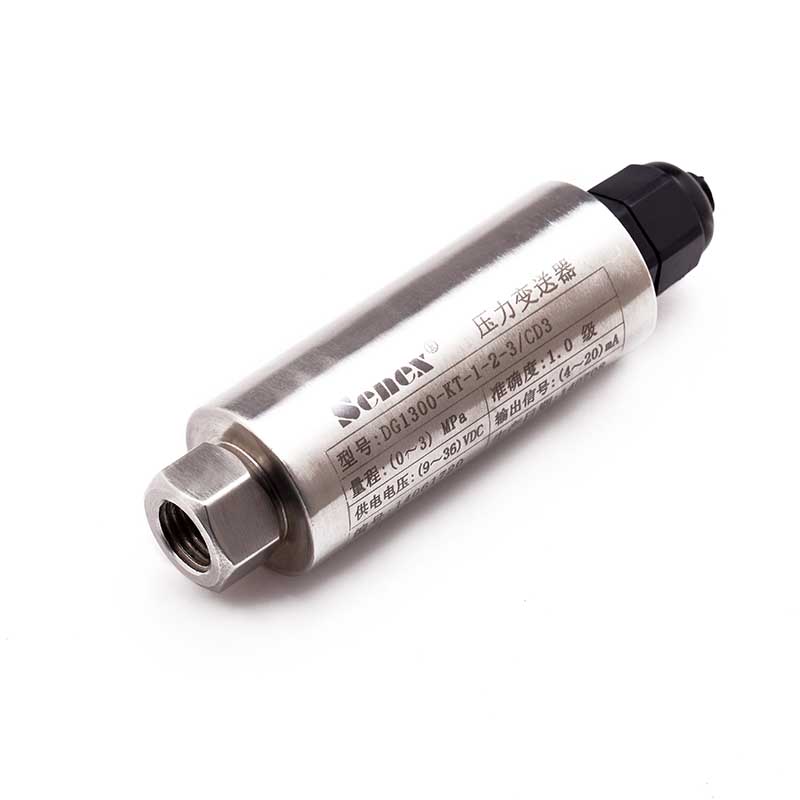1. Determine the type of sensor according to the measurement object and measurement environment
The first thing to consider is what sensor principle to use, which can be determined after analyzing many factors. Because, even for measuring the same physical quantity, there are various principles of sensors to choose from. Which principle sensor is more suitable, the specific issues need to be considered according to the characteristics of the measured object and the use conditions.
2. The choice of sensitivity
Within the linear range of the sensor, it is hoped that the higher the sensitivity of the sensor is the better. Because only when the sensitivity is high, the output signal value corresponding to the measured change is relatively large, which is beneficial to signal processing. However, it should be noted that the sensitivity of the sensor is relatively high, and external noise unrelated to the measurement is also easily mixed in, which will also be amplified by the amplification system, affecting the measurement accuracy.The sensitivity of the sensor is directional. When a single vector is measured and the directionality is required to be high, a sensor with lower sensitivity in other directions should be selected.If the measurement is a multi-dimensional vector, the sensor with smaller cross-sensitivity is the better.
3. Frequency response characteristics
The frequency response characteristics of the sensor determine the frequency range to be measured, and the measurement conditions must remain within the allowable frequency range without distortion. In fact, there is always a fixed delay in the response of the sensor, and it is desirable that the delay time be as short as possible.
4. Linear range
The linear range of a sensor is the range in which the output is proportional to the input. In theory, the sensitivity remains constant within this range. The wider the linear range of the sensor, the larger the measurement range, which can ensure a certain measurement accuracy.
5. Stability
The ability of a sensor to maintain its performance over a period of time is called stability. In addition to the structure of the sensor itself, the factors that affect the long-term stability of the sensor are mainly the use environment of the sensor. Therefore, in order to make the sensor have good stability, the sensor must have strong environmental adaptability.
6. Precision
Accuracy is an important performance index of the sensor, and it is an important link related to the measurement accuracy of the entire measurement system. The more accurate the sensor, the more expensive it is. Therefore, the accuracy of the sensor only needs to meet the accuracy requirements of the entire measurement system.
Post time: Jul-27-2022

